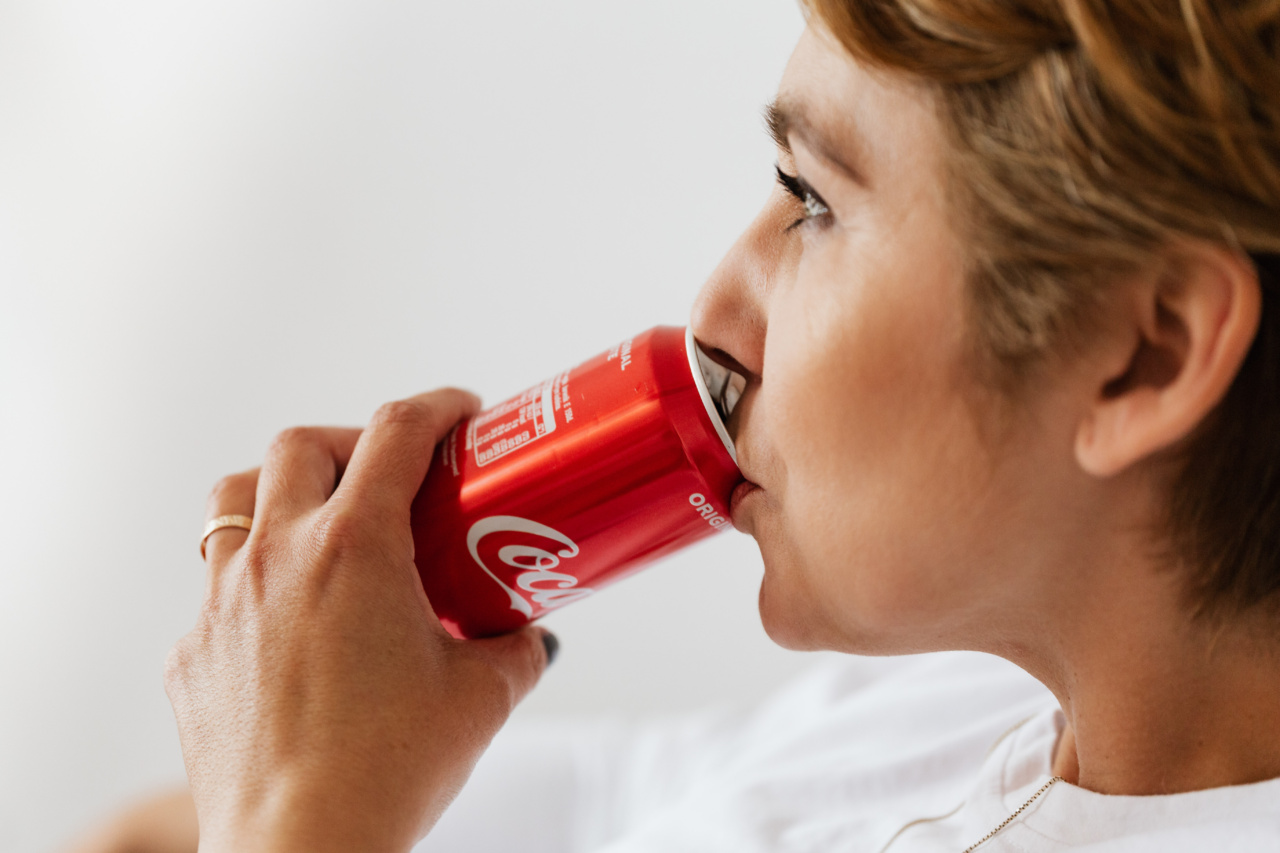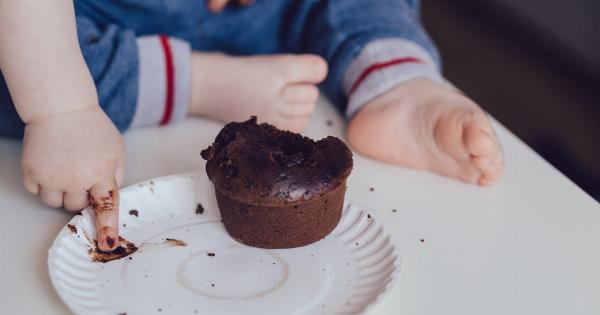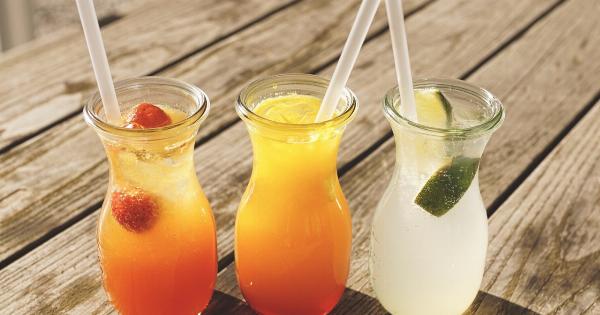When it comes to feeding babies, parents always want to make sure that they are getting all the necessary nutrients for their growth and development.
But have you ever stopped to think about what’s in that juice you’re giving your little one? Fruit juices may seem like a healthy option, but the truth is, they are loaded with sugar. In fact, some juices have more sugar than soda! In this article, we’ll take a closer look at baby juices and why they may not be as healthy as you think.
What’s in Baby Juices?
Most baby juices are made from concentrate and contain added sugars to enhance the flavor. Even those labeled as “all-natural” or “organic” can have just as much sugar as the regular versions.
Some of the most common types of juices given to babies include apple, grape, pear, and prune juice. All of these fruit juices are high in sugar and low in fiber, which can cause a spike in blood sugar levels.
The Sugar Content
According to the American Academy of Pediatrics (AAP), babies under the age of 1 should not be given fruit juice at all. For babies between the ages of 1 and 3, the recommended amount is no more than 4 ounces a day.
This is because fruit juice contains a lot of sugar and very few nutrients.
One cup of apple juice, for example, contains about 24 grams of sugar, which is equivalent to six teaspoons of table sugar.
To put that in perspective, the AAP recommends that children consume no more than six teaspoons of added sugars per day, so one cup of apple juice alone meets their daily limit. Grape juice is even worse, with 36 grams of sugar per cup.
The Problem with Juice
One of the biggest problems with fruit juice is that it is high in calories and sugar, but low in nutrients.
Babies who consume large amounts of juice may fill up on it and not want to eat other important foods that provide the necessary vitamins and minerals they need for proper growth and development. In addition, drinking too much juice can lead to other health problems, such as tooth decay and diarrhea.
Alternatives to Baby Juice
If you want to give your baby the taste of fruit without the added sugar, there are better alternatives to fruit juice. One option is to mash or puree fresh fruits and vegetables at home.
This provides all the nutrients and fiber that your baby needs while helping them develop a taste for real food.
Another option is to dilute fruit juice with water. This reduces the amount of sugar your baby is consuming while still giving them a familiar taste.
Start with a small amount of juice mixed with a lot of water, and gradually decrease the amount of water as your baby gets used to the taste.
Conclusion
While a little bit of fruit juice is okay for babies over the age of 1, it’s important to remember that juice should be treated like a treat, not a staple of their diet.
Instead, focus on providing your baby with nutrient-rich foods that will help them grow and develop properly. With a little effort and creativity, you can provide delicious and healthy foods that your baby will love.































